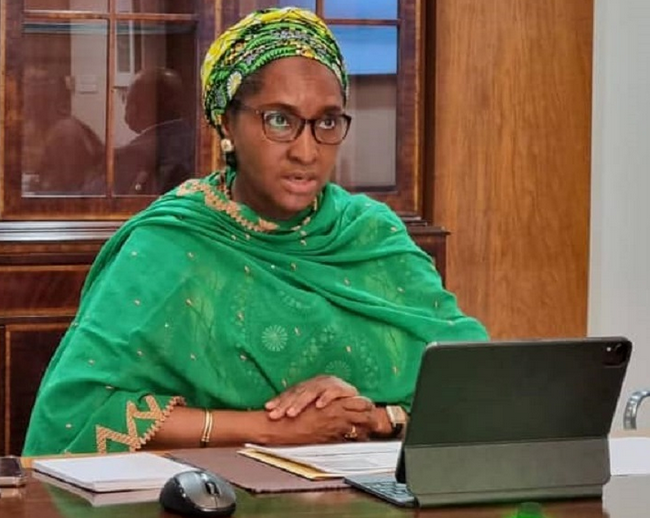
Zainab Ahmed – Nigeria’s Minister of Finance, Budget, and National Planning
Once again Nigeria is having to grapple with a budget that has been undone by an unexpected factor: the war in Ukraine. While the 2022 Budget was being prepared last year, Finance, Budget, and National Planning Minister Zainab Ahmed announced that the country was finally going to do away with the subsidy on gasoline supplies that ensured lower and uniform prices at the pumps. The move was to save Nigeria about a fifth of its budget, which could then be directed to more productive projects.
That was until President Muhammadu Buhari and All Progressives Congress (APC) realised that the move would come just a year before the 2023 general election. Higher fuel prices could provoke strikes and protests, and were unlikely to win votes from Nigerians who consider cheaper fuel one of the few benefits that they get from the government.
So the administration decided it could continue to meet the subsidy burden for another year, with estimates that it would cost some ₦3,000 billion (US$7.2 billion) out of a national budget of ₦17,000 billion (US$41 billion) for 2022. According to Ahmed, while the government has not been able to get rid of the gasoline subsidy, it has quietly dropped the one it paid to support lower electricity tariffs.
The picture still looked manageable until Russia invaded Ukraine. As international oil prices shot up, Africa’s top oil exporter was met increasing costs. With its four state-owned refineries now moribund, Nigeria has relied on fuel imports to meet almost all domestic needs.
‘Rising oil prices have put us in a very precarious position,’ Ahmed told an interviewer on 16 March at the Arab–Africa Conference in Cairo. She said that Nigeria is considering a €2 billion Eurobond by April to help fund the subsidy payments, in addition to raising funds from the domestic market for deficit spending.
The size of this year’s deficit will actually be determined by crude oil prices and some estimates now put the cost of subsidy payments alone as high as ₦12,000 billion (US$29 billion).
The commitment to the fuel subsidy is like a blank cheque, because the government must pay whatever it takes to ensure domestic supply. That makes for a largely unpredictable financial year. The IMF already projects that more than 90% of revenue earned during the year will go towards servicing the debt.
This excerpt is taken from Nigeria Focus, our monthly intelligence report on Nigeria. Click here to receive a free sample copy.The March 2022 issue of Nigeria Focus also includes the following:
Spotlight
- The APC convention will determine the party’s future
Energy Sector
- The bad news, or the bad news
- ExxonMobil sale to Seplat
- Law suit over arbitration award
- Shell divestment paused
- Power supplies threatened
- NNPC bids for power plants
- Nuclear power plant tendering
Niger Delta
- Celebrating the decline of sea piracy
Politics & Society
- Constitutional amendments
- Lawmakers defy Buhari
- Governor removed
- A third force
- Soludo becomes Anambra governor
- Igboho released
Economy & Finance
- Revenue gaps, fiscal traps
- Monetary policy
- Fintechs signal changing times
- Kimberly-Clark builds a factory



